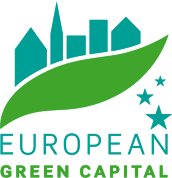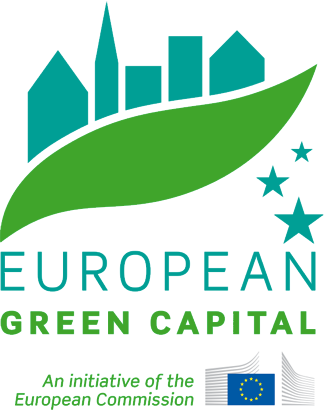HAB Housing commits to Energy Positive homes
Kevin McCloud’s HAB Housing has announced a commitment to deliver their first "Energy Positive" housing scheme by 2018, and is seeking to ensure, from 2020, that all its developments produce more energy than they consume.
HAB Housing is making this pledge to chime with this week’s crucial climate conference in Paris where the governments of more than 190 nations will seek to reach a new global deal on climate change.
The impact that building and inhabiting new homes has on the climate is colossal; to limit global temperature rise to two degrees, the buildings sector must reduce emissions by 84 gigatonnes of CO2 by 2050 – the equivalent of not building 22,000 coal fired power plants.
The climate pledge will be presented to COP21 negotiators by the UK Green Building Council alongside a range of other construction sector commitments at Buildings Day, on 3 December in Paris.
“HAB commits to delivering our first Energy Positive place by 2018. From 2020 we will seek to make all of our schemes Energy Positive. Where this is not possible on-site, we will work with partners to reduce carbon emissions in close proximity to the project. We define an Energy Positive place as one that produces more energy than that used within the buildings. We will also target significant reductions in embodied carbon in construction.”
Meanwhile in the UK, the Chancellor used his Autumn Statement this week to announce a need for 400,000 more homes in England.
Whilst a welcome stimulus to needed housing growth, stringent sustainability standards for these new homes is noticeably absent.
This will have an inevitable knock-on effect on the National Grid and energy demands, putting even greater emphasis on the need for businesses in the sector to step up their commitments to sustainability.
Kevin McCloud said:
“The UK’s need for new, affordable homes is desperate and undeniable.
“However, we have a Government that is rolling back green building policies and increasing subsidies to fossil fuels.
“So how do we avoid a housebuilding boom that has horrific knock-on consequences for the climate?
“I believe passionately that housebuilders and progressive businesses can step in where government fails.
“It’s in our power to harness innovation, embrace the newest low-energy technologies, reduce demand (and cost) for people and help build communities that are sustainable and low-impact.
“That’s why I’m very proud that HAB can today make this pledge and also lay down the gauntlet to the construction supply industry to help us deliver against it.”
the buildings sector must reduce emissions by 84 gigatonnes of CO2 by 2050 – the equivalent of not building 22,000 coal fired power plants
Based in Bristol – the UK’s first European Green Capital – HAB Housing has recently announced its first housing development in its home city with 150 homes planned for the Southmead area.
As announced in the Mayor of Bristol’s State of the City address, HAB is working with the City Council and United Communities to build a mixed tenure development with around a third as affordable homes.
The estate will have a green infrastructure spine, including sustainable food production, low carbon energy sources, and new cycle routes.
HAB is also currently on-site building five exclusive, detached family homes in Oxford, and has recently secured planning for a new fifty-home scheme in Kings Worthy, Hampshire.
John Alker, Campaign & Policy Director for the UK Green Building Council said:
“The success of the Paris Summit rests not just on national governments, but on the willingness of the private sector to take action.
“Kevin McCloud and the HAB team have shown tremendous leadership in making such an ambitious pledge.
“They have also demonstrated time and again that desirable, high quality homes for people can go hand-in-hand with delivering our carbon targets.”



